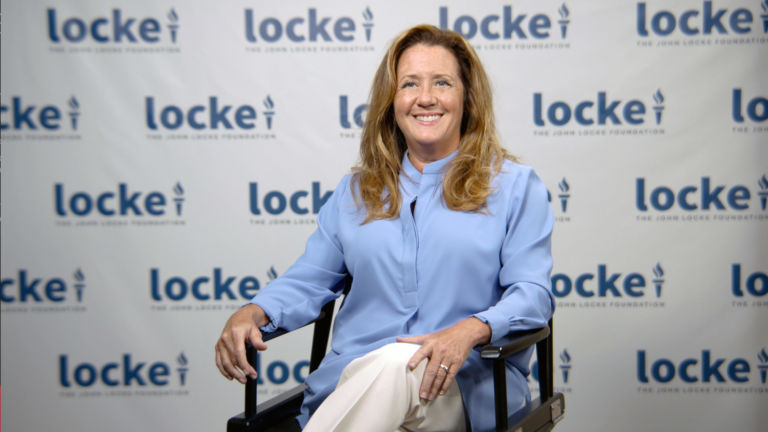Quillette asked five academics to respond to the “Grievance Studies Scandal,” fake studies sent to “prestigious” academic journals for peer review and publication. Here is the editor’s note:
For the past year scholars James Lindsay, Helen Pluckrose, and Peter Boghossian have sent fake papers to various academic journals which they describe as specialising in activism or “grievance studies.” Their stated mission has been to expose how easy it is to get “absurdities and morally fashionable political ideas published as legitimate academic research.”
To date, their project has been successful: seven papers have passed through peer review and have been published, including a 3000 word excerpt of Adolf Hitler’s Mein Kampf, rewritten in the language of Intersectionality theory and published in the Gender Studies journal Affilia.
Croatian philosopher Neven Sesardic points out that few take feminist philosophy seriously,
Among all these submitted papers mixing “absurdities and morally fashionable political ideas” the project collaborators single out the article that was accepted by the journal Hypatia (A Journal of Feminist Philosophy) as their most important success. Indeed, kudos to them. Yet the reader should know that it is a carefully guarded secret in philosophy that feminist philosophy is often not characterized by intellectual rigor and high academic standards. (The secret is so well-guarded, though, that many philosophers do not dare to admit even to themselves to know it, let alone express it publicly.) So Hypatia was a logical and easy choice for the attempt to place a fake paper in one of the well-known philosophy journals.
Jonathan Anomaly, formerly of Duke University and now a faculty fellow at the Institute for Practical Ethics at UCSD, writes,
The main problem is not the rise of trendy disciplines with names that end with the word “studies,” or the opportunity cost of spending taxpayer money on bogus scholarship and bad education rather than medical research and space exploration. The problem is that many students are required to take these classes as part of a “diversity” requirement at universities, and that when students graduate, these ideas influence leaders of corporations like Google, which can manipulate its search engine to alter elections and change our epistemic environment in subtle ways.
This raises the practical question of whether taxpayers should foot the bill for theoretical scholarship in the humanities and social sciences.


